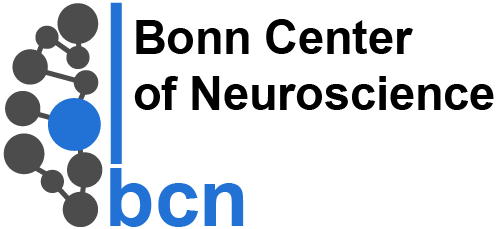Prof. Frank Bradke Inducted into the North Rhine–Westphalia Academy of Sciences and Arts
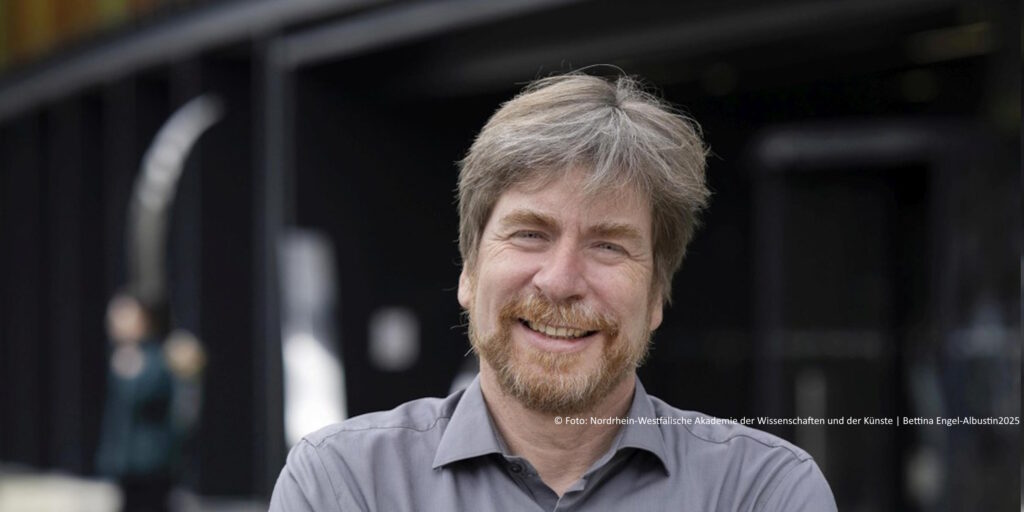
Prof. Dr. Frank Bradke—Senior Group Leader at the DZNE and Professor at the University of Bonn—has been welcomed as a new member of the North Rhine–Westphalia Academy of Sciences and Arts. He received his certificate from the Academy’s President, Prof. Dr. Gerd Heusch, in a ceremony held earlier this year. Bradke’s research focuses on the […]
Frank Bradke Elected to the Berlin-Brandenburg Academy of Sciences and Humanities

Prof. Dr. Frank Bradke, neurobiologist at the German Center for Neurodegenerative Diseases (DZNE) and professor at the University of Bonn, has been elected to the Berlin-Brandenburg Academy of Sciences and Humanities (BBAW). The induction ceremony took place on June 14, 2025, in Berlin. Bradke is internationally recognized for his research on axonal growth and nerve regeneration […]
Tobias Ackels receives Paul Ehrlich and Ludwig Darmstaedter Early Career Award 2025

We warmly congratulate our group leader Dr. Tobias Ackels on receiving the prestigious Paul Ehrlich and Ludwig Darmstaedter Early Career Award 2025. The Paul Ehrlich Foundation honors his groundbreaking research on how the olfactory system contributes to memory processes and emotional behavior. This award is one of the most important distinctions for early career scientists […]
Und plötzlich feuert das Gehirn: Erinnerung

Wie entsteht Erinnerung? Unser Kollege Florian Mormann geht dieser spannenden Frage auf den Grund – mit Konzeptneuronen im menschlichen Gehirn! In DIE ZEIT am Wochenende (Ausgabe 22/2025) gibt’s einen großen Artikel über seine Forschung. Online nachzulesen (leider hinter der Bezahlschranke):https://lnkd.in/eWiCApnk
Paul Ehrlich and Ludwig Darmstaedter Early Career Award 2025 Goes to Tobias Ackels

Tobias Ackels awarded for pioneering research on scent perception and brain function Dr. Ackels’ pioneering work has revealed that mammals can process olfactory information at an astonishing speed—up to 40 times per second, far exceeding their breathing rate. This challenges the long-standing belief that the sense of smell is slow and highlights the critical role […]
Genetic and environmental risk factors cooperate to affect autistic like neuronal phenotypes

Researchers at the University of Bonn have revealed how genetic predisposition and environmental factors, such as neuroinflammation, interact to influence neuronal development and contribute to autism spectrum disorders. Bonn, November 28 – Researchers at the University of Bonn have uncovered new insights into how genetic predisposition and environmental factors converge to shape neuronal development, potentially […]
Exome sequencing of 20,979 individuals with epilepsy reveals shared and distinct ultra-rare genetic risk across disorder subtypes
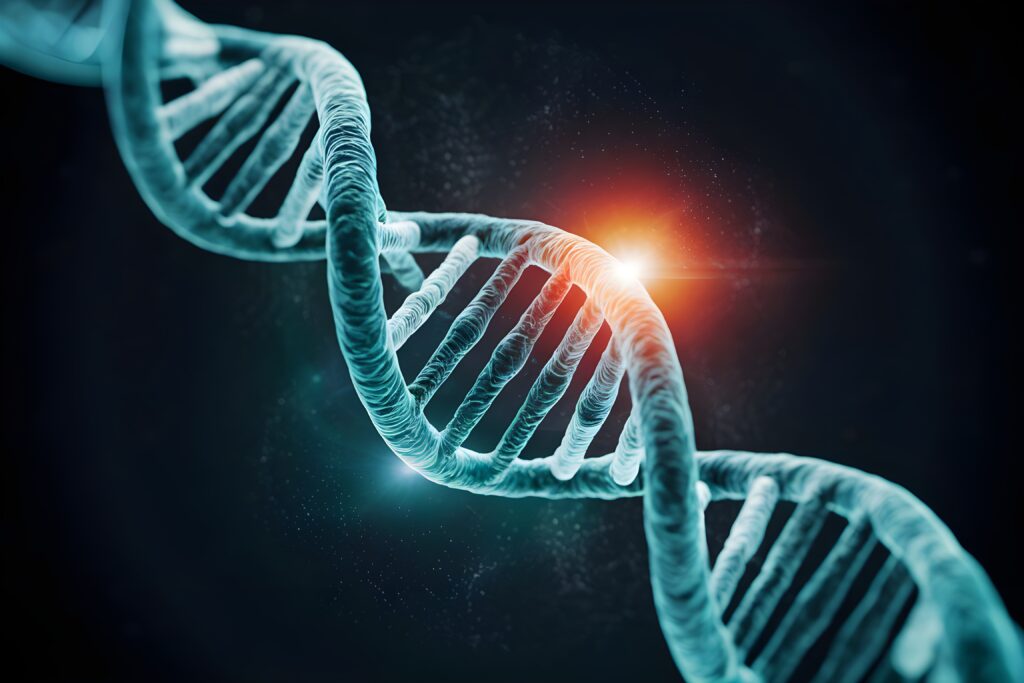
New insights from the Epi25 Collaborative highlight the complex genetic architecture of epilepsy, identifying distinct ultra-rare genetic risk factors across various disorder subtypes through the largest whole-exome sequencing study conducted to date. Bonn, October 2024 – Identifying genetic risk factors for the highly heterogeneous disorder of epilepsy has long been a challenge for researchers. In […]
Region-specific spreading depolarization drives aberrant post-ictal behavior
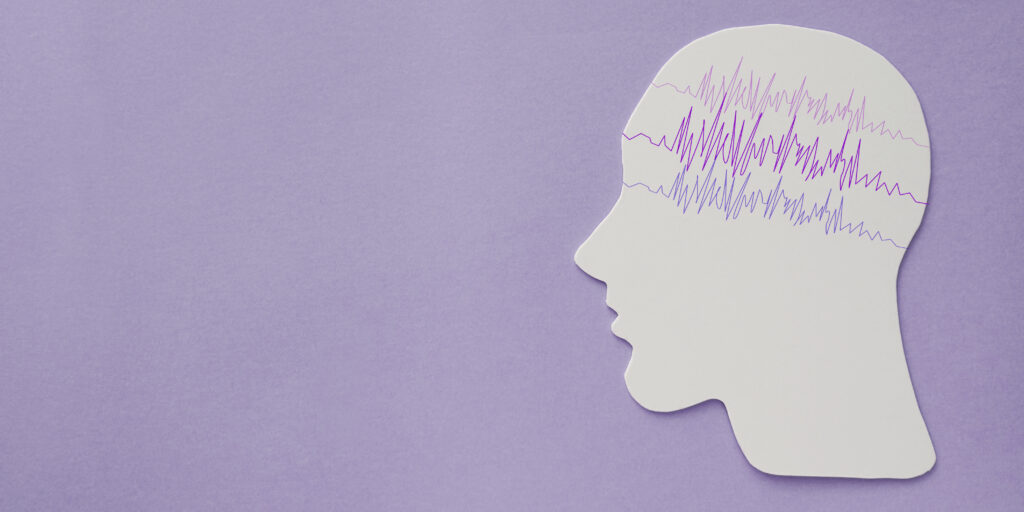
Bonn researchers uncover how seizure-related focal spreading depolarization contributes to abnormal post-ictal behaviors in epilepsy. Bonn, October 12 – Understanding the neurobiological mechanisms underlying post-ictal symptoms in epilepsy such as confusion, aphasia, and unaware wandering, which are most frequently observed in temporal lobe epilepsy (TLE), has long been a challenge for researchers. A pivotal study […]
Single-neuron representations of odors in the human brain
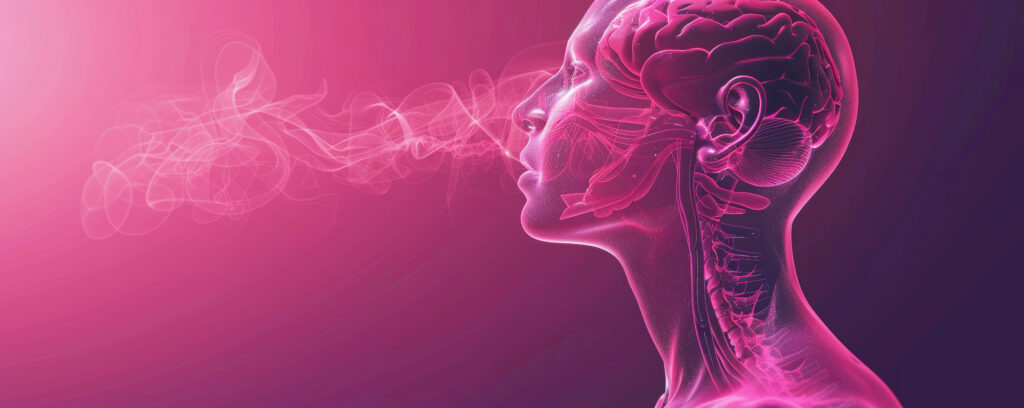
Bonn researchers unveil how the brain encodes and interprets smells at the single-neuron level. October 9 – Our sense of smell is a vital aspect of how we interact with the world, guiding both animal and human behavior. However, the underlying neural processes of olfaction, particularly in humans, have remained largely mysterious. In a recent […]
Single-neuron Representation of Nonsymbolic and Symbolic Number Zero in the Human Medial Temporal Lobe
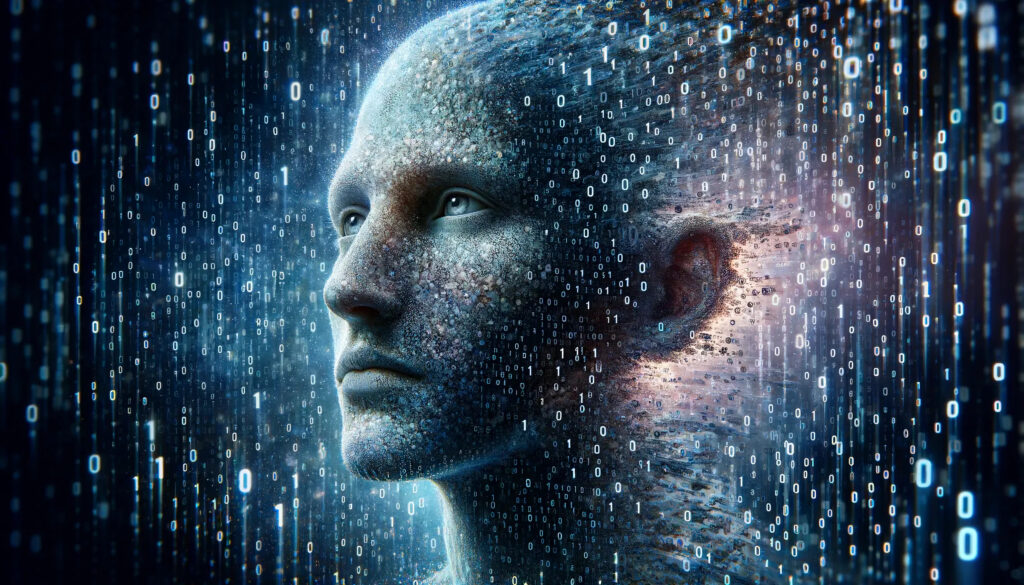
Bonn and Tübingen researchers uncover how the brain processes zero in both symbolic and nonsymbolic forms. October 2024 – Zero is a fundamental concept in mathematics, but how does the human brain represent it? A new study from researchers at the Universities of Bonn and Tübingen has provided groundbreaking insights into how neurons in the […]
